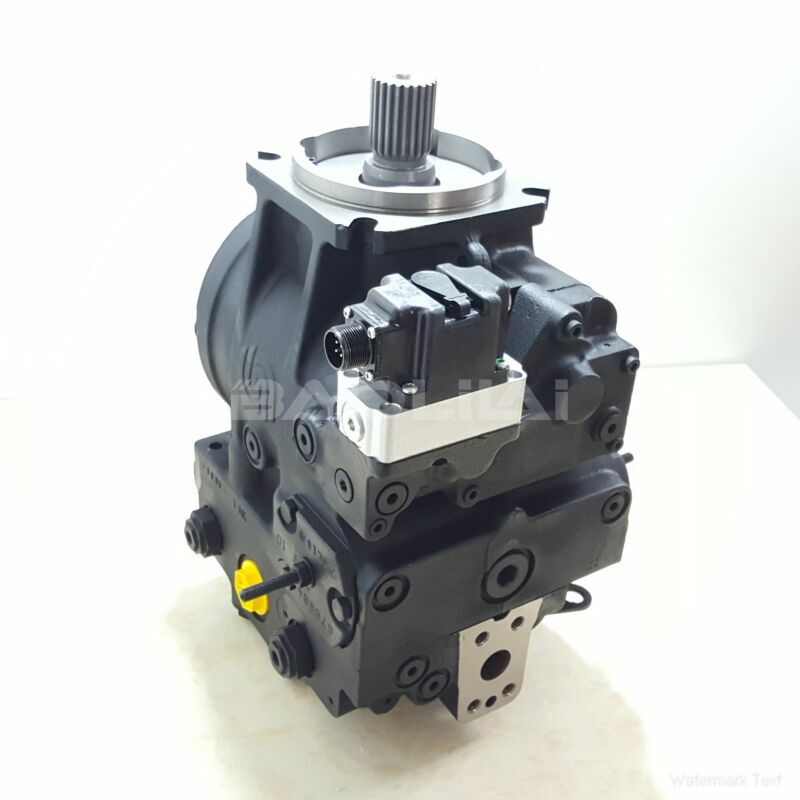90R075HF1CD80S3S1D03GBA404024 high pressure pump
90R075HF1CD80S3S1D03GBA404024 high pressure pump

- Product Details
- Applicable Scene
In the world of industrial automation and machinery, the synergy between hydraulic and pneumatic systems plays a crucial role in optimizing performance and efficiency. Hydraulic pumps, traditionally associated with fluid power applications, are increasingly being recognized for their ability to enhance pneumatic systems. This article explores how integrating hydraulic pumps into pneumatic systems can improve efficiency and control, driving better operational outcomes.
90-R-075-HF-1-CD-80-S-3-S1-D-03-GBA-40-40-24
90R075HF1CD80S3S1D03GBA404024
Hydraulic pumps operate by converting mechanical energy into hydraulic energy, generating high-pressure fluid that can be used to perform work. In contrast, pneumatic systems utilize compressed air to produce motion. By employing hydraulic pumps in conjunction with pneumatic systems, operators can leverage the strengths of both technologies. The high-pressure capability of hydraulic systems can provide a substantial power boost, leading to increased performance.

83001714
One of the primary advantages of using hydraulic pumps in pneumatic applications is improved efficiency. Hydraulic systems can provide a more consistent and controlled power output compared to compressed air systems. By utilizing a hydraulic pump to generate the necessary pressure, pneumatic actuation can be executed with enhanced precision and speed. This control not only leads to smoother operation but also reduces energy consumption, which can significantly lower operational costs over time.
Moreover, hydraulic pumps can also facilitate better load handling in pneumatic systems. Compressed air systems often struggle with maintaining pressure under varying loads, which can lead to inconsistent performance. However, by integrating a hydraulic pump, the system can ensure a stable supply of power, allowing for robust operation even under heavy loads. This stability is particularly beneficial in applications involving heavy machinery or tools, where pressure fluctuations can hinder productivity and increase wear.
Another factor to consider is the reduction in maintenance requirements. Pneumatic systems are frequently subject to issues such as air leakage and inconsistent pressure, which result in increased downtime and maintenance costs. Hydraulic pumps, when properly managed, can minimize these issues. Since they operate with a closed-loop system, they are less susceptible to leaks, thereby increasing system reliability and reducing the frequency of maintenance interventions.





